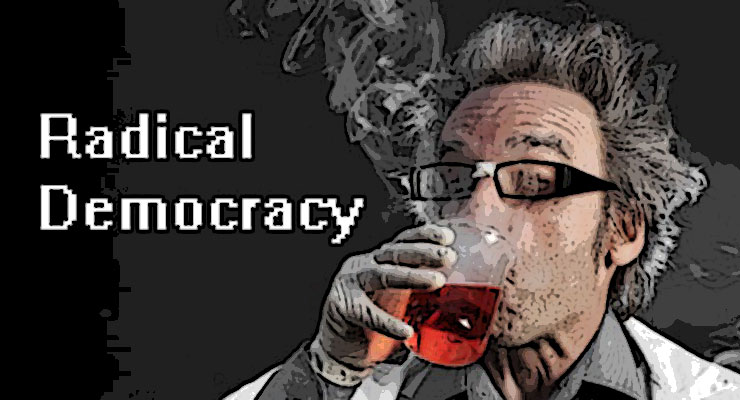
This perspective comes from a really interesting article in Democracy Digest.
If democratic states renew their political institutions and social contracts and forge a wide coalition for action, a period of strategic competition with China and firm push-back against Russia could be blended with economic growth and focused cooperation, a recent Brookings analysis suggested. If not, we will enter a period characterized both by democratic retrenchment and a more turbulent, even violent clash between models, cautioned Bruce Jones and Torrey Taussig, the authors of Democracy & Disorder: The struggle for influence in the new geopolitics.
Years of democratic retrenchment in Indonesia have fueled populist anger, which has manifested in the form of growing discontent against the establishment and the elites; rising Islamic conservatism and intolerance; and economic nationalism, analyst Alexander R. Arifianto wrote for The Diplomat.
A new book offers a “realist explanation of democracy promotion,” outlining how the United States and European states balance aspirations for democratization against competing challenges or priorities. These include Russian aggression (Ukraine and Georgia) or subversion (Montenegro, North Macedonia and Bosnia), budgetary constraints (Afghanistan), or illiberal backlashes in target countries, says Henrik Larsen, a Senior Researcher at the Center for Security Studies (CSS) at ETH Zürich, the Swiss Federal Institute of Technology.
Get full story here.
Leave a Reply